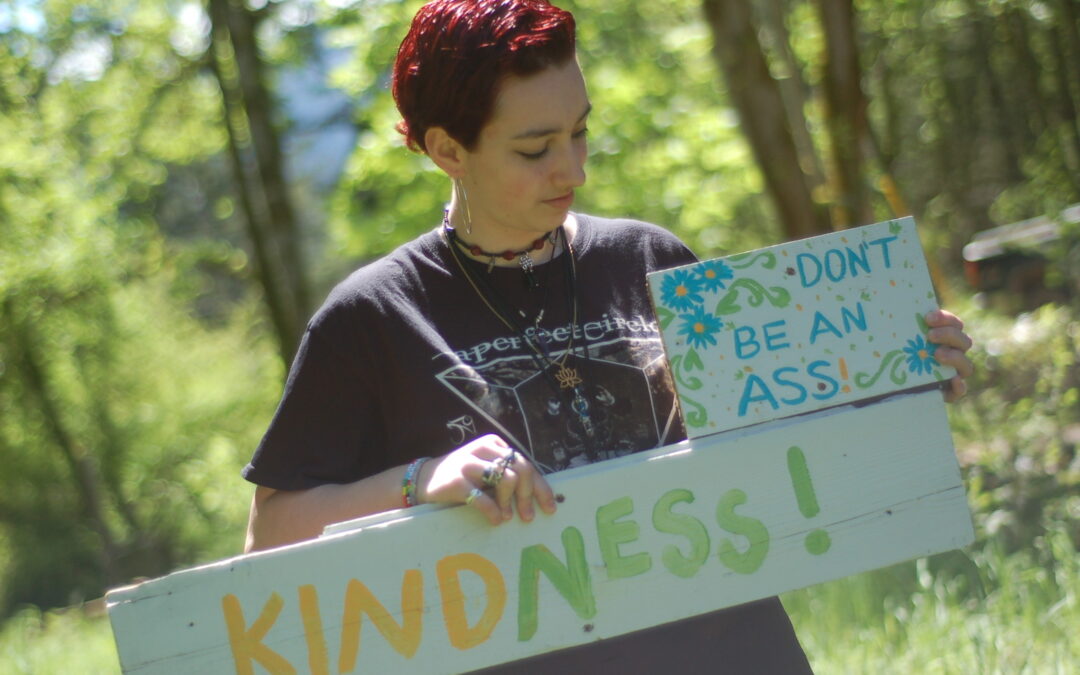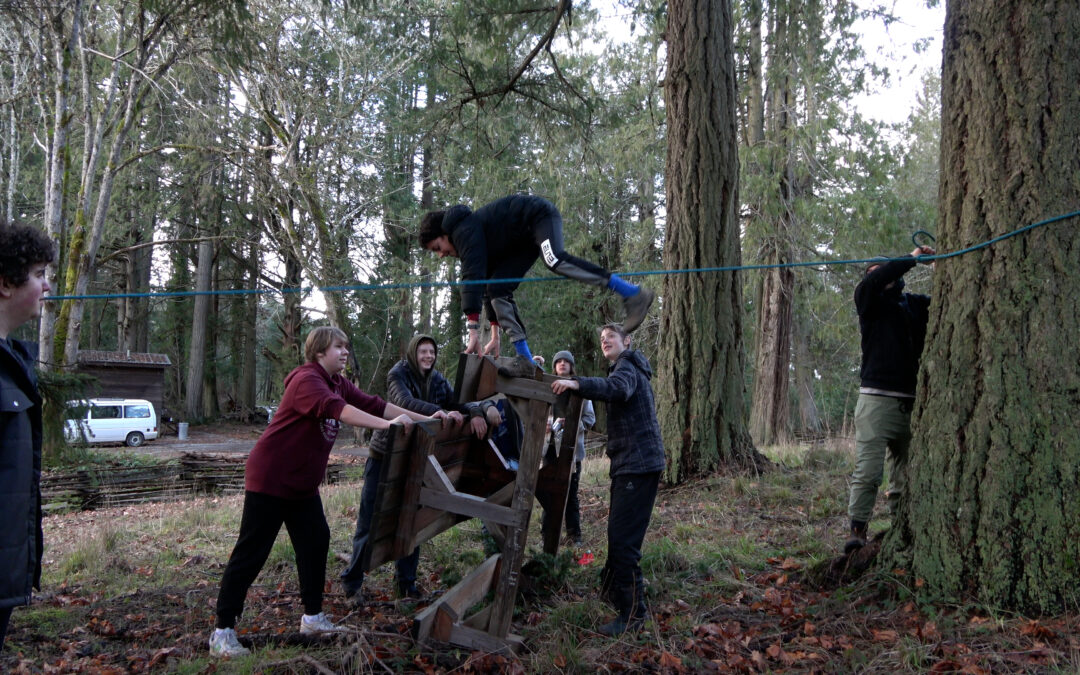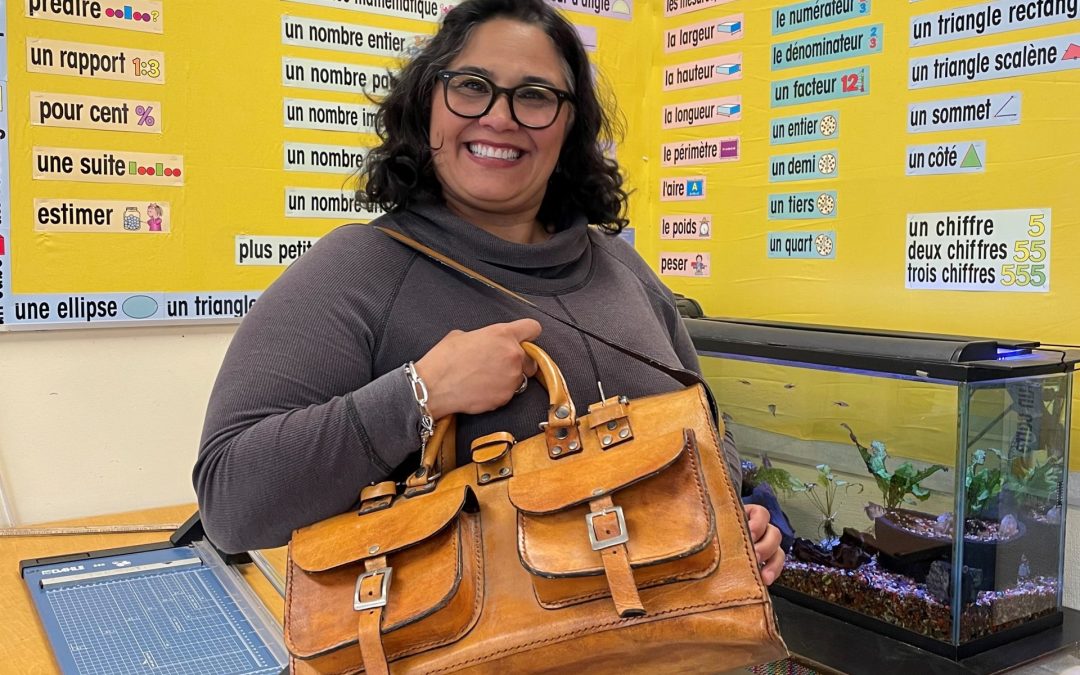
Consent is a big topic in the news these days. What constitutes consent to sexual activity? When and how is consent given? How do we misinterpret consent? These are some of the topics in the news and on many peoples’ minds. This is particularly true for university and college campuses across Canada as our young people head to school in what we hope will be safe environments for them.
The Canadian Women’s Foundation (CWF) in Toronto has published results from a survey they did on consent. Some of the results are quite startling:
67% of all Canadians say they personally know at least one womanwho has been sexually or physically assaulted.
- 10% of Canadians incorrectly believe that consent is not required between spouses or long-term partners.
- 21% of people between 18 and 34 incorrectly believe sending an explicit photo, textor email counts as consent.
- 96% agree that sexual activity must be consensual, two-thirds (67%) do not fully understand how to properly give or get it.
CWF has a clear definition of consent: “Sexual consent is a two-way exchange: it’s an ongoing process of giving and getting permission. This means showing—in words and actions—that you freely agree to participate in a sexual activity. This means continuing to give your permission throughout the sexual encounter. You can revoke your consent at any time.”
Though these may be complicated waters for our youth to navigate it is important that they understand consent and do not leave themselves open to anything other than mutual agreement, freely given, in their sexual activities. This is an important part of having a healthy and respectful relationship.
By Lynda Laushway, consultant








